Fieldwork
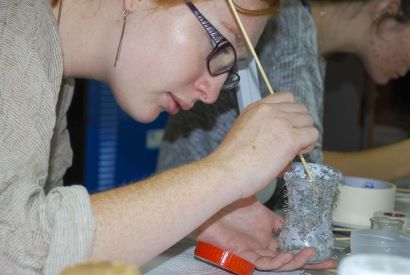
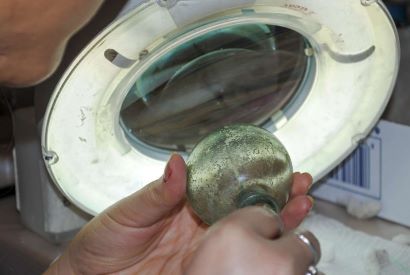
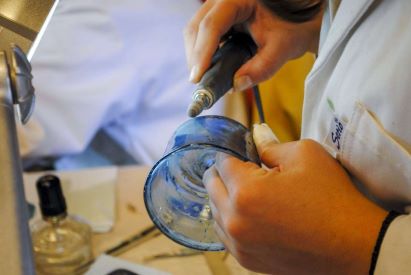
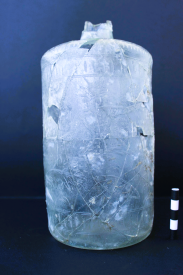
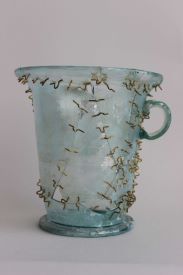
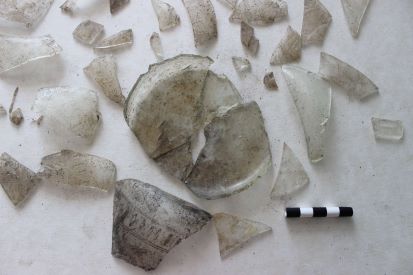
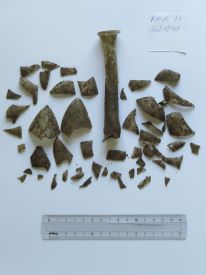
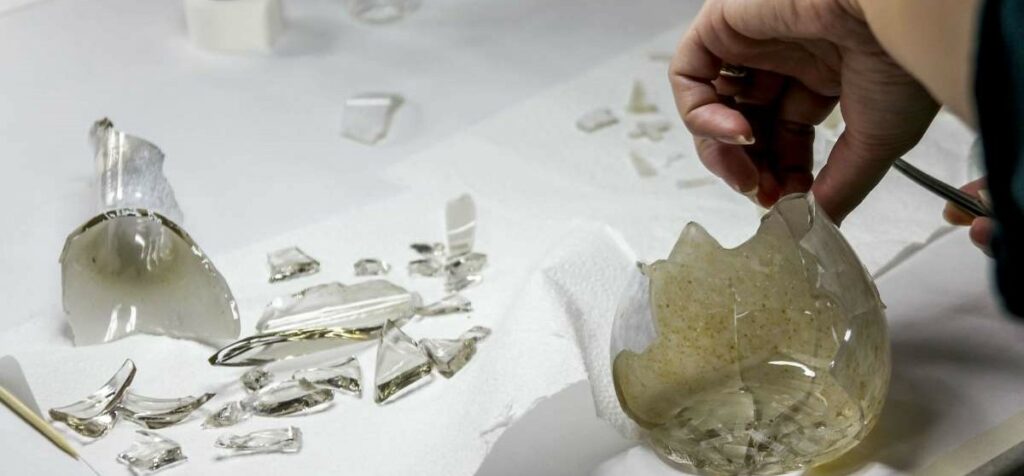
Location: 97Q8+XM Debelt, Bulgaria
Season: June 22, 2025 to July 5, 2025
Application Deadline: June 21, 2025
Deadline Type: Rolling
Website: https://www.fieldsciences.org/program/2025-bulgaria-debelt-roman-glass/
Discount for AIA members: None
Program Type:
Field School
RPA Certified:
No
Affiliation:
Center for Field Sciences, Balkan Heritage Foundation & National Institution Stoby
Project Director:
Dr. Daniela Cherneva (Chief instructor, Balkan Heritage Foundation) and Ms. Biljana J. Peeva (Restorer of Pottery and glass Artefacts at the National Institution Stoby)
Project Description:
This program is focused on the conservation of Roman glass. The program will begin by understanding the rich history of ancient glass, its origin and the technology needed for its production. The program will then proceed to instruct students in modern techniques of glass conservation, restoration, documentation and study. Both the theoretical and laboratory elements of this program will be taught at the research center associated with the Roman site of Deultum (see more about the site below).
This field school includes three modules. The first is practical work in conservation of glass, initially of replicas and then work on Roman artifacts from the collection of the National Archaeological Reserve at Deultum. The second module covers the theoretical and methodological elements of glass conservation and consists of lectures presenting the archaeological context of glass artifacts and the best methods used for their preservation. conserved vessels and to conservation process of glass vessels. The third module introduces students to the regional context of Roman presence and includes site visits to the ancient coastal towns of Nessebar (UNESCO World Heritage Site), and a sightseeing tour of Sozopol (including study visits to its archaeological museums). An optional two day excursion to Istanbul (Turkey) is possible and interested students should contact Balkan Heritage Foundation directly for details.
Develton (Thracian: Debelton, “two-swamp area”) was founded as an emporium of Apollonia Pontica in the 7th century BCE. From the 6th century to the 4th century BC, the settlement served as an important place of trade between Thracians and Greeks. Develton was annexed to the Roman Empire in 46 CE and became part of the province of Thrace and its name changed to Deultum. At the Battle of Deultum in the summer of 377 CE (during the Gothic War of 376–382), an Eastern Roman army was defeated by a Gothic raiding party outside Deultum, and the city was sacked. Deultum was later rebuilt on a smaller scale, and, in the second half of the 5th century CE, new walls were constructed, and all unprotected buildings were demolished to ensure hostile forces did not use them as cover. These walls were destroyed by Slavs and Avars at the end of the 6th century CE.
Period(s) of Occupation: Roman Period
Notes:
Tuition cost is $3,450; Program awards 4 semester credit units (equivalent to 6 quarter credits units) through our school of record – Culver-Stockton College
Project Size: 1-24 participants
Minimum Length of Stay for Volunteers: Full session length
Minimum Age: 18 years old
Experience Required: There are no prerequisites for participation in this field school but note that conservation work requires good manual dexterity skills and ability to carry out delicate bench work. Students will receive hands-on training in conservation work and will spend most of the time learning how to conserve ceramics in a lab setting. Students will be taught how to use a variety of laboratory procedures and equipment – from microscopes to analytical instruments. Conservation work is slow and may be tedious. It requires patience and focus. This is an introductory course so we will cover all the very basic elements of conservation ethnographic work.
Room and Board Arrangements:
Accommodation will be at the archaeological base part of the National Archaeological Reserve - Deultum, which is located 22 km from Burgas. It has comfortable ensuite rooms with two to three beds. Free use of wi-fi, washing machine, and kitchen. Bed linen and towels are provided. Wi-Fi is available on the first floor of the lobby area.
There is a restaurant on site, where participants will have all their meals served.
Academic Credit:
Program awards 4 semester credit units (equivalent to 6 quarter credits units) through our school of record – Culver-Stockton College.
Dorian Chee
5335 W Adams Blvd #106
Los Angeles
CA
90016
United States
Phone: 562 584-0716
The AIA is North America's largest and oldest nonprofit organization dedicated to archaeology. The Institute advances awareness, education, fieldwork, preservation, publication, and research of archaeological sites and cultural heritage throughout the world. Your contribution makes a difference.
Notifications